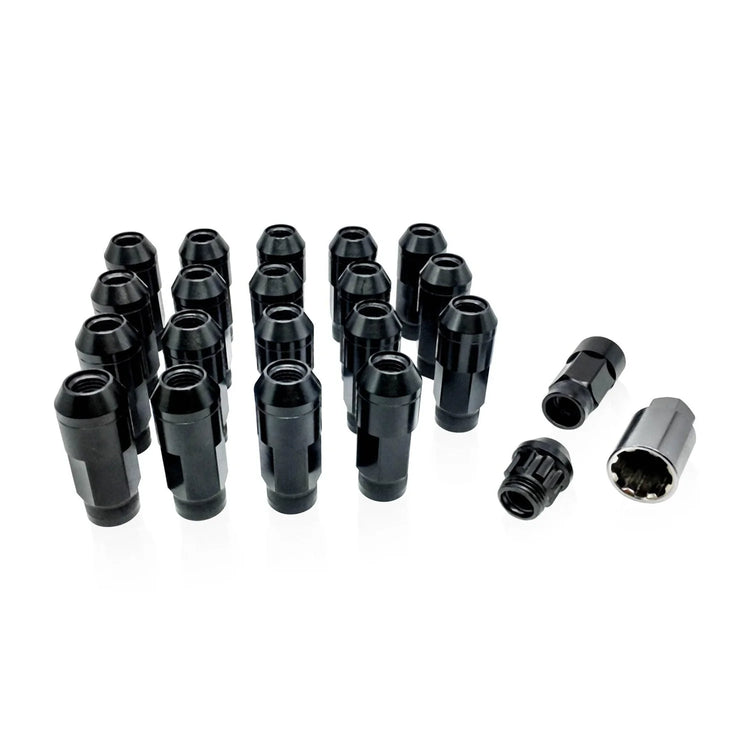Introduction
Lug nuts, those seemingly small components that secure your vehicle's wheels, are often overlooked until the day you need to change a flat tire. One common concern among vehicle owners, especially those residing in areas with harsh weather conditions, is whether steel lug nuts are prone to rust. In this blog, we'll delve into the factors influencing rust formation on steel lug nuts and provide insights into how you can maintain their integrity.
The Composition of Steel Lug Nuts
To understand the likelihood of rust on steel lug nuts, it's essential to grasp the composition of steel. Steel is primarily composed of iron and carbon, and various alloys may include additional elements to enhance strength and durability. While steel itself is susceptible to rust, specific treatments and coatings can mitigate this vulnerability.
Factors Influencing Rust Formation
- Exposure to Moisture:
Moisture is a significant contributor to rust formation. If your vehicle is frequently exposed to rain, snow, or high humidity, the lug nuts are more likely to develop rust over time.
- Road Salt and Deicers:
In regions where roads are salted during winter or treated with deicers, the lug nuts are exposed to corrosive substances that can accelerate the rusting process.
- Lack of Maintenance:
Neglecting regular cleaning and maintenance can expedite rust formation. Removing dirt, grime, and salt residue from the lug nuts helps prevent the accumulation of corrosive elements.
Preventive Measures to Combat Rust
- Regular Cleaning:
Incorporate regular cleaning into your vehicle maintenance routine. Use a gentle brush or cloth to remove dirt and debris from the lug nuts. This simple step can significantly reduce the likelihood of rust.
- Anti-Corrosion Coatings:
Consider applying anti-corrosion coatings to your steel lug nuts. These coatings act as a protective barrier, shielding the metal from moisture and corrosive agents.
- Avoiding Abrasive Cleaners:
When cleaning your lug nuts, avoid abrasive cleaners or tools that could scratch the surface. Scratches create openings for moisture to penetrate, increasing the risk of rust.
- Regular Inspections:
Perform regular inspections of your lug nuts. If you notice any signs of rust, address it promptly by cleaning the affected area and applying a rust inhibitor or anti-corrosion product.
Conclusion
In conclusion, while steel lug nuts are susceptible to rust, proactive measures can help manage and mitigate this issue. Regular cleaning, the application of anti-corrosion coatings, and diligent maintenance contribute to the longevity and appearance of your lug nuts. By understanding the factors influencing rust formation and taking preventive actions, you can keep your steel lug nuts looking pristine and functioning effectively.

